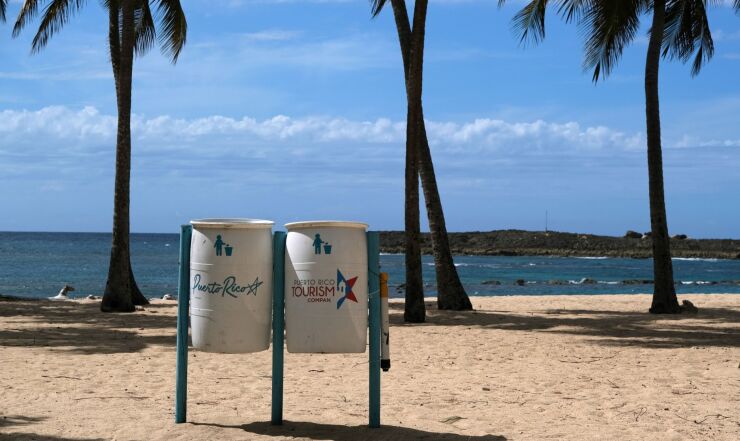Puerto Rico’s financial oversight board struck a bankruptcy deal with the main group of the island’s unsecured creditors, a breakthrough that promises to make it easier to win final court approval of its plan for cutting $35 billion of the government’s debt.
The board and the unsecured creditors reached the understanding on Monday, Brian Rosen, a lawyer at Proskauer Rose LLP, told U.S. Judge Laura Taylor Swain during a hearing Tuesday. The deal may put pressure on the remaining bond insurers that are among the last still fighting a proposed debt-restructuring plan.

At the hearing, Puerto Rico and creditors are discussing the island’s plan for restructuring the last major chunks of debt to be dealt with in the four-year-long bankruptcy, including the government’s general-obligation bonds.
On the eve of the hearing, Puerto Rico and the unsecured creditors reached an agreement that would increase their payouts to $575 million from $125 million, Rosen said.
Puerto Rico is seeking to resolve its record-setting bankruptcy as early as this year, with confirmation hearing sset in November. That would conclude a saga that began in 2017 as it sought to reduce a massive debt load that it couldn’t pay as its population declined and economy contracted. Hurricanes, earthquakes, the coronavirus pandemic and political upheaval have further delayed the process.
The agreement with unsecured creditors, which include vendors and suppliers, would remove one more hurdle.
The two-day hearing was convened on whether to approve a so-called disclosure statement that is designed to give creditors enough information to decide whether they support the plan.
Should Swain approve the statement when the hearing resumes Wednesday, creditors will have until Oct. 4 to vote.
But there are still a handful of political challenges, some of which may not be easy to overcome. Those include winning support from commonwealth lawmakers for locally unpopular moves, like approving new bonds despite their objection to the pension cuts included in the restructuring plan. Retirees have also protested.





